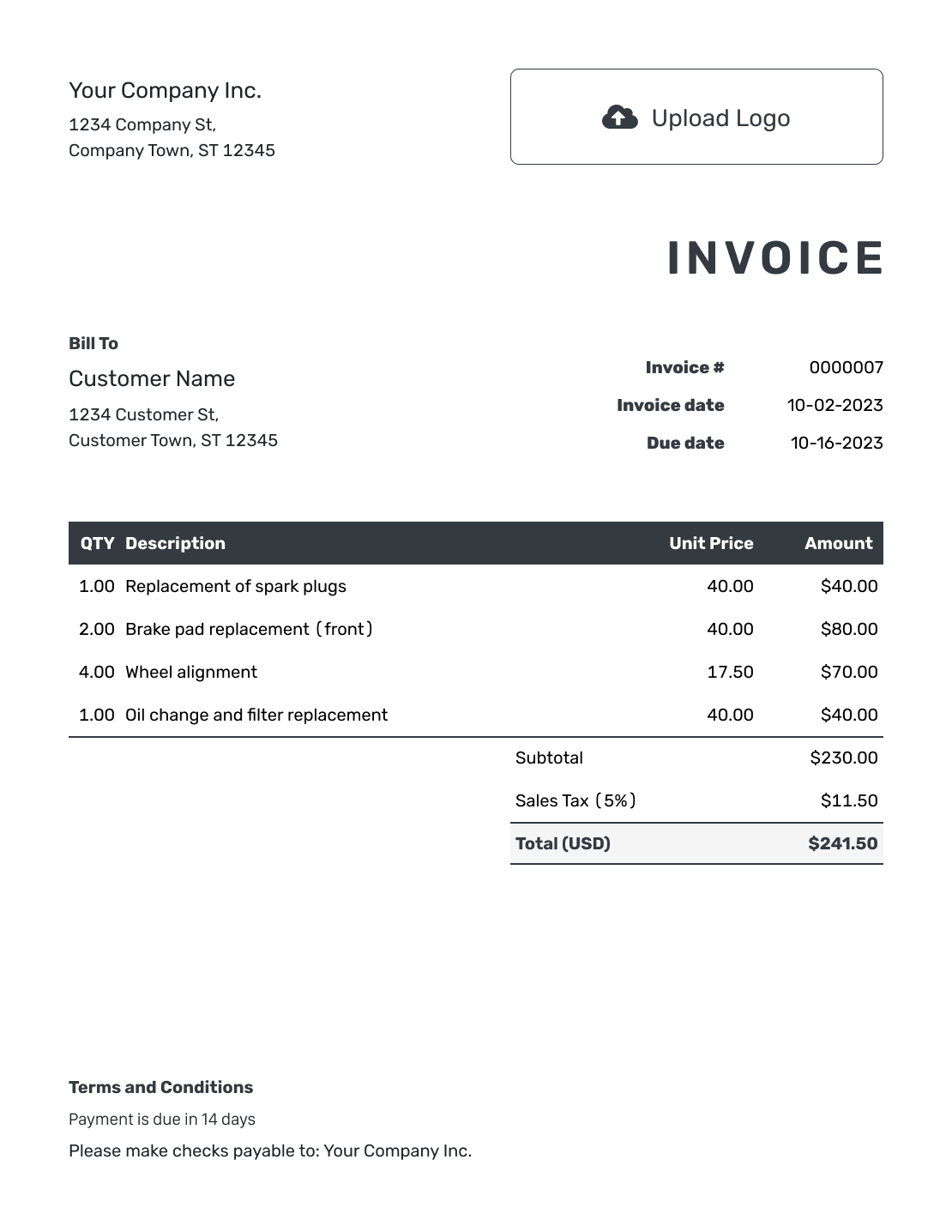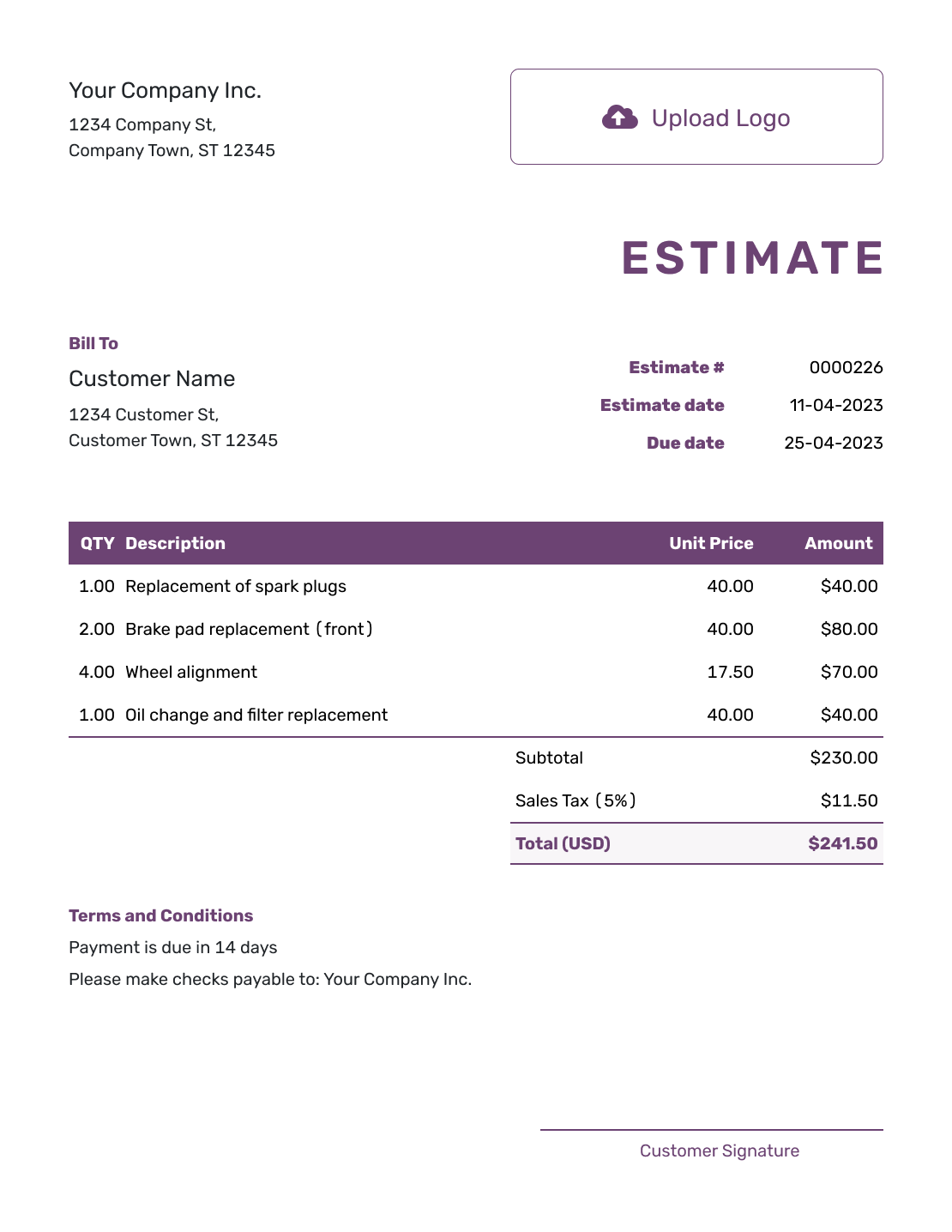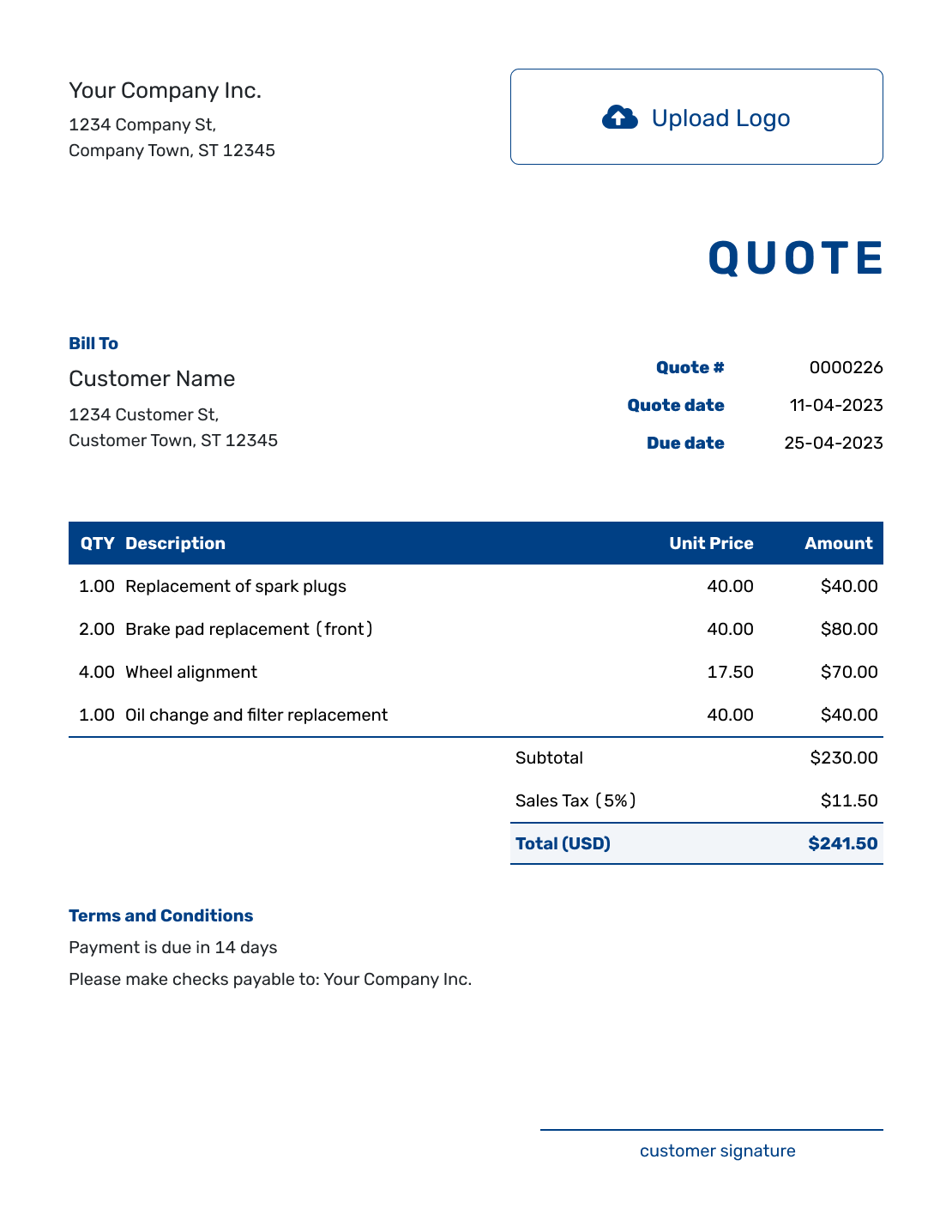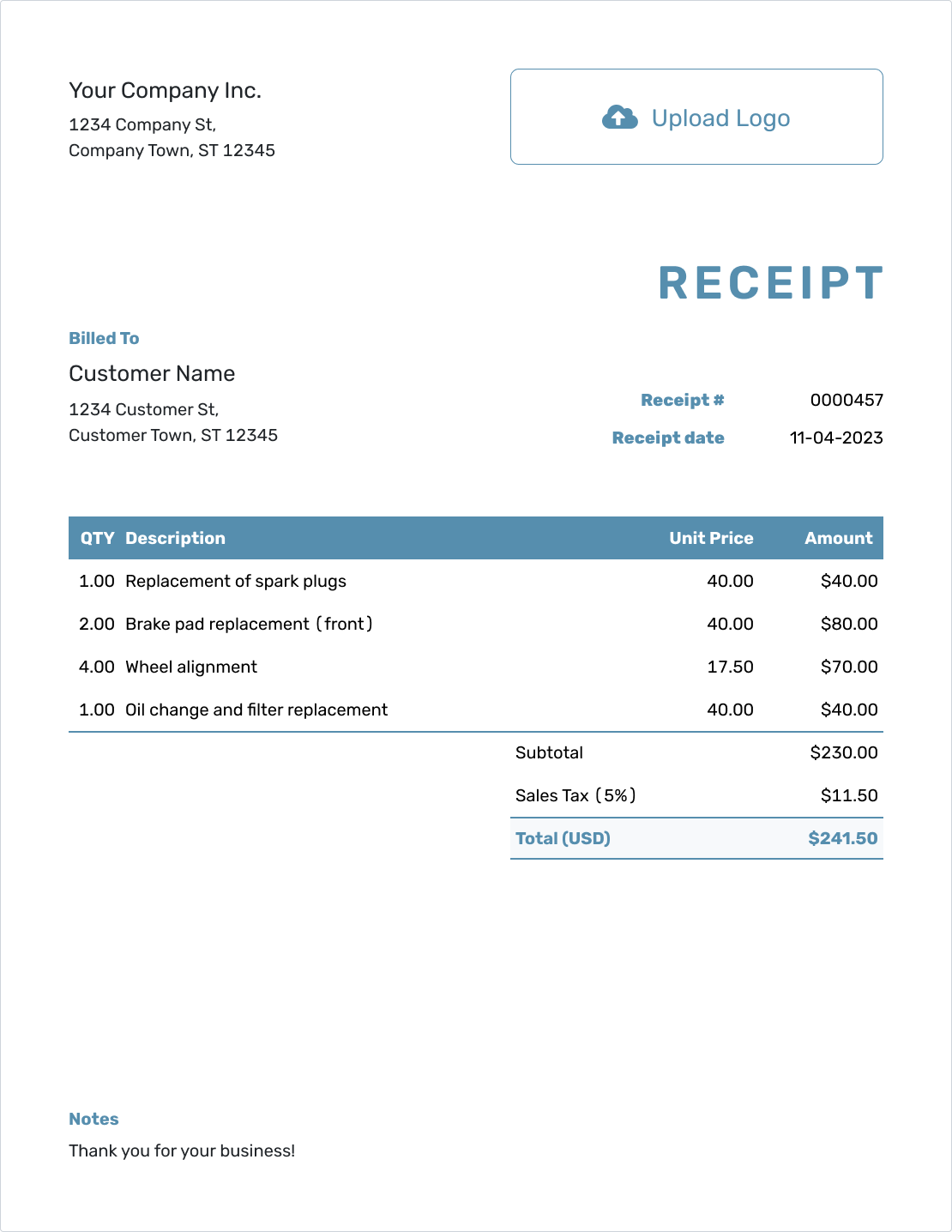Understanding
Fixed Assets
Est. reading time: 6 min

Fixed assets are a fancy term for the things your business owns and plans to keep using for a long time. Think of fixed assets as the big things that help your business run smoothly day after day. They aren't things you quickly use up like paper or office supplies. Instead, they are more like the tools and machinery you count on to get the job done.
What Is a Fixed Asset?
A fixed asset is something your business buys to use over the long term. It’s not something you’ll sell right away or something that gets used up quickly. Fixed assets include things like buildings, vehicles, machinery, or office furniture. These are the items you need to keep your operations running.
Fixed assets are usually considered investments because they help you do business and earn revenue over time. Unlike inventory, which you plan to sell to customers, fixed assets are things you use repeatedly for years to create products or provide services.
Examples of Fixed Assets
- Buildings: Your office space, factories, or warehouses.
- Vehicles: Trucks, vans, or cars used for deliveries or transportation.
- Machinery and Equipment: Items like manufacturing machines or kitchen equipment if you own a restaurant.
- Office Furniture: Desks, chairs, and shelves.
- Computers and IT Equipment: Laptops, printers, and servers that help you manage day-to-day work.
All these items have one thing in common: they are meant to be used for years and help keep the business moving forward.
Why Are Fixed Assets Important?
Fixed assets are essential because they support your ability to generate income. Imagine running a construction business without trucks or tools. Those trucks and tools are your fixed assets—they help you get the job done and keep projects on track.
Besides being crucial for everyday operations, fixed assets also represent a big part of your business's value. When someone looks at your company's financial health, they consider the fixed assets as an indicator of what the business owns that can help it grow in the future.
Fixed Assets and Depreciation
One key concept that comes up with fixed assets is depreciation. Depreciation is just a way of saying that most fixed assets lose value over time as they get older and wear out. For instance, a vehicle you bought for deliveries will be worth less five years later because of wear and tear. Depreciation helps you account for that loss in value, which can also help lower your taxes by spreading the cost of an asset over its useful life.
The Docelf Advantage
At Docelf, we focus on helping businesses manage their finances more easily. While managing fixed assets might sound complex, our software makes other financial tasks a breeze, especially when it comes to invoicing, quotes, and estimates.
- Create Professional Invoices: Quickly create invoices that include all your fixed asset-related services.
- Generate Quotes and Estimates: Easily provide quotes or estimates to clients for jobs that require the use of your fixed assets, such as equipment or machinery.
- Stay Organized: Keep all your quotes, invoices, and estimates in one place to streamline your workflow and manage your projects efficiently.
Ready to simplify your invoicing and make the most of your business tools? Try Docelf for free today!




